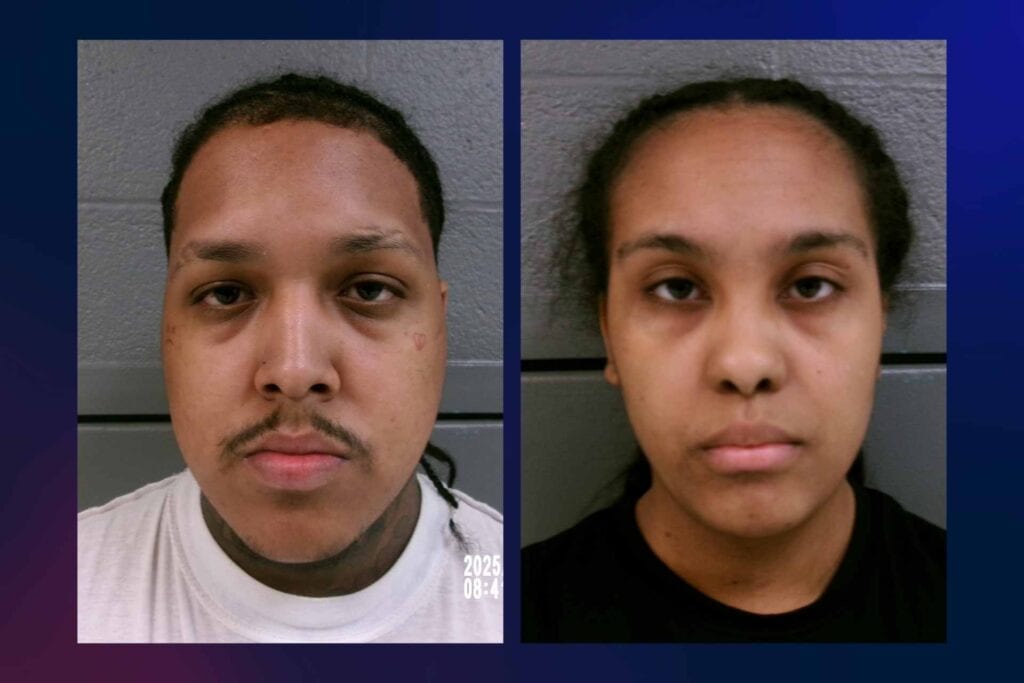The sounds of birds chirping and sneezes from strangers are the epitome of the spring allergy season here in north central West Virginia. But humans aren’t the only ones affected; you might be surprised to know your pets are feeling the change of the season, too.
Buckhannon Animal Clinic recently shared wellness practices for pet owners across Upshur County and beyond.
Dr. Chelsea Lambert has been the full-time veterinarian at Buckhannon Animal Clinic since 2018, in addition to the clinic owner, Dr. Audra Melton. As an owner of five dogs and two cats, Lambert faces the impact of allergy season on all her pets.
“Allergies can be extremely frustrating to treat; unfortunately, with allergies, they are not something we can cure, only manage,” Lambert said. “Pets with seasonal allergies can use treatment just at specific times of the year, but for some pets who are affected by allergens like dust mites, molds, etc., it can be a year-round battle. For your average pet, you can work to brush their coat as shedding increases and wipe their paws with a damp cloth after coming in from outside, as pollens and grasses are blooming.”
Antihistamines and similar medications are usually prescribed to pets to take the edge off of those allergy symptoms, such as irritated skin or discharge from the eyes.
“The most common way that pets show allergic symptoms is through their skin. This can be seen through licking or chewing at themselves, especially their feet,” Dr. Lambert said. “You may notice salivary staining on their skin, which usually shows a dark reddish coloring to their fur. You may also notice redness or odor to their skin or ears. Sometimes with an environmental allergy, there may be some discharge from their eyes.”
Dr. Lambert said the best medications formulated for dogs can be expensive, and it may take several attempts before the best care plan is found. Right now, there is no great option for cats who suffer from allergies, but Buckhannon Animal Clinic is hoping for more cat allergy treatment options in the near future.
The change of the seasons happens, whether we want it to or not. Dr. Lambert said the best way to prepare is to catch symptoms before the problem worsens.
“Getting ahead of the problem can be the best way to treat allergies,” she said. “For some milder allergy cases, over-the-counter antihistamines can help with allergies. The dosages for those medications can be discussed with your veterinarian with whom your pet has an established relationship.”
Not only are the pollen and grass an irritation to your pet’s allergies, but fleas and ticks are also looking for cute, furry faces to bother this season.
“While we see fleas in our office all year round, spring and summer are definitely the worst seasons for them,” Lambert advised. “We recommend staying on a year-round flea and tick preventative to help prevent issues with fleas and flea allergies. We have seen a growing resistance to flea products that are over the counter, so the best practice is to speak to your veterinarian to get a prescription flea/tick preventative to get the most effective and safest treatment. For pets with known seasonal allergies, starting them on allergy medications before a secondary infection can occur is best.”
Dr. Lambert said two well-known medications on the market for dogs are Cytopoint and Apoquel. Cytopoint is an injection that can help with allergies for four to eight weeks, while Apoquel is a daily, chewable pill.
If your pet shows no signs of relief despite over-the-counter medication and other home remedy practices, Lambert encourages pet owners to speak with their local veterinarian to learn more about treatment options.
“For pets with severe allergies, allergy testing may be a good option and is something that your veterinarian can discuss and schedule,” she said. “When allergies are not able to be controlled, a consultation with a veterinary dermatologist is also an option.”
To learn more about pet wellness, allergies and best practices in seasonal pet care, visit Buckhannon Animal Clinic at 57 Vicksburg Road in Buckhannon. Make an appointment with Dr. Chelsea Lambert by calling 304-472-0323.













